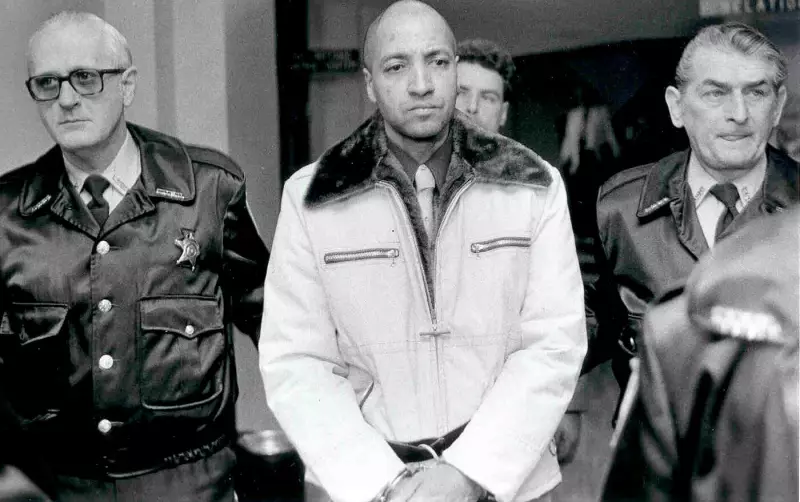
George Banks, one of Pennsylvania's most notorious mass murderers whose 1982 killing spree left 13 people dead, including five of his own children, has died in prison at age 75. The convicted killer, who spent decades on death row before his sentence was commuted, passed away while serving multiple life sentences.
The Night of Terror That Shook Pennsylvania
On September 25, 1982, Banks embarked on a horrific rampage through Wilkes-Barre that would become one of the state's deadliest mass shootings. Armed with multiple weapons, the 34-year-old former security guard methodically targeted victims at two different locations, leaving a trail of devastation that included his own family members.
A Chilling List of Victims
The victims included:
- Five of Banks' own children, ranging in age from 4 to 16
- Their four mothers
- Four additional victims, including family friends
Decades on Death Row and Legal Battles
Banks was convicted on 12 counts of first-degree murder in 1983 and sentenced to death. However, his case became entangled in legal challenges that would span decades. In 2010, a federal judge overturned his death sentence, citing inadequate legal representation during the penalty phase of his trial.
The legal saga continued until 2021, when prosecutors agreed to commute his sentence to life in prison without parole, effectively ending the possibility of execution for the aging inmate.
Controversial Prison Experience
During his incarceration at SCI-Phoenix in Montgomery County, Banks maintained his innocence and became known as a difficult prisoner. Prison records indicate he spent significant time in restricted housing units due to behavioral issues and threats toward staff and other inmates.
Legacy of a Tragedy
The Banks massacre remains one of Pennsylvania's most devastating criminal cases. The sheer scale of the violence, combined with the fact that children were among the primary victims, cemented the case in the state's criminal history.
Local officials and surviving family members expressed relief at news of Banks' death, closing a painful chapter that had remained open for over four decades. The case continues to be studied by criminologists examining the psychology of mass murder and the complexities of capital punishment appeals.
Banks' death marks the end of one of Pennsylvania's longest-running death penalty cases, bringing closure to a tragedy that has haunted the Wilkes-Barre community since that fateful September night in 1982.






